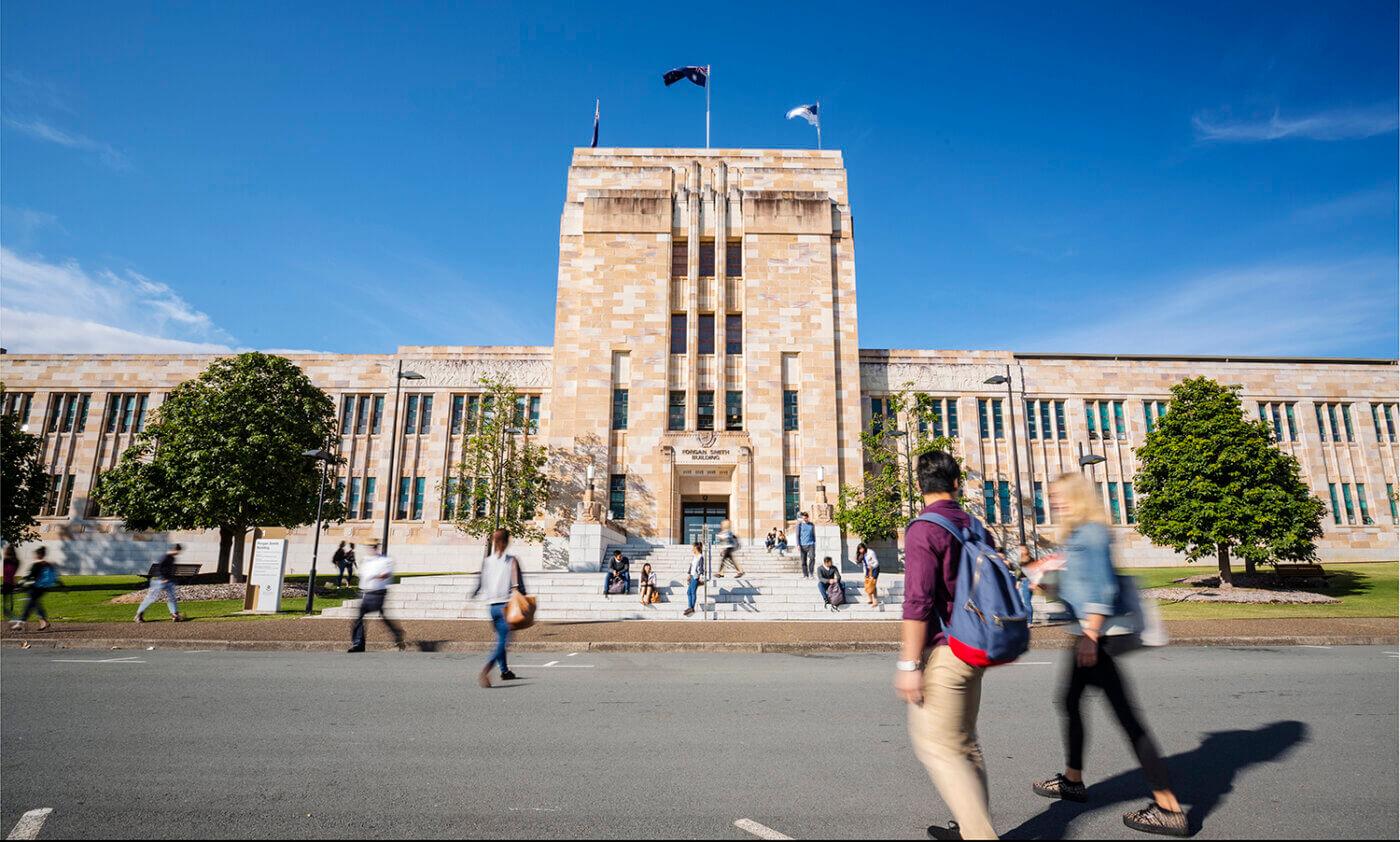
The advent of the AUKUS partnership heralds a transformative era in Australia’s strategic posture and scientific landscape, propelling us into the vanguard of cutting-edge research and development. However, this newfound prominence also exposes a critical vulnerability: the susceptibility of our academic institutions to foreign espionage and intellectual property theft, a menace that threatens to undermine our economic prosperity and strategic autonomy.
Australia’s universities, well respected for their open research environment and spirit of international collaboration, are now facing an insidious threat. Their very strengths—free exchange of ideas, cross-pollination of diverse perspectives, collaborative spirit that drives innovation—are being exploited by foreign actors seeking to pilfer our intellectual capital and erode our competitive edge. This threat, once relegated to the realm of Cold War espionage thrillers, has become a stark reality in the 21st century, with the Chinese Communist Party emerging as a principal antagonist.
China’s relentless pursuit of technological dominance has manifested in a multifaceted campaign of intellectual property theft, cyber espionage and talent recruitment. The CCP has openly declared its ambition to become a global leader in science and technology by 2050, and it is willing to use any means to achieve this goal. The Thousand Talents Program, a state-sponsored initiative aimed at luring overseas scientists to China, offers a stark example. By incentivising the transfer of knowledge and expertise to China, often in violation of intellectual property agreements or export controls, the CCP seeks to leapfrog decades of research and development, gaining a strategic advantage at our expense.
Australia’s universities, with their extensive international partnerships and research collaborations, are particularly vulnerable to this threat. Recent events underscore the urgency of the situation. In 2019, the University of Technology Sydney found itself in the middle of a national controversy when it was revealed that its Centre for Quantum Software and Information had received $10 million in funding from a Chinese company with close ties to the People’s Liberation Army. This incident exposed the potential for cutting-edge quantum research, with far-reaching implications for cryptography and national security, to be diverted for military purposes.
In 2020, the University of Queensland faced intense scrutiny for its partnership with Huawei, a Chinese telecommunications giant. This collaboration, which involved joint research projects and the establishment of a Huawei-funded research centre at the university, raised alarms about the company’s access to sensitive research data and intellectual property, potentially compromising Australia’s telecommunications infrastructure and national security.
The Australian National University is not immune. In 2021, it was crippled by a sophisticated cyberattack that compromised the personal information of thousands of students and staff. While the perpetrators were never definitively identified, cybersecurity experts widely suspected the involvement of Chinese state-sponsored hackers seeking to infiltrate Australia’s research networks and steal sensitive data.
The Australian Security Intelligence Organisation (ASIO) has repeatedly warned about the threat of foreign interference in Australian universities, particularly from China. In 2020, ASIO Director-General Mike Burgess said the agency was investigating ‘hundreds’ of cases of foreign interference in Australia’s research sector. He warned that foreign governments were targeting universities to steal sensitive research, influence academic discourse and recruit agents.
The AUKUS partnership, while offering immense opportunities for collaboration and technological advancement, also amplifies the risks we face. As Australia engages in joint research and development projects with allies, we must be vigilant in safeguarding our intellectual property and ensuring that our collaborative efforts do not inadvertently benefit our adversaries.
The imperative to protect our research secrets is not unique to Australia. Western democracies are grappling with similar challenges. The United States, through its Committee on Foreign Investment in the United States (CFIUS), has long exercised its power to scrutinise and block foreign investments in sensitive technology sectors. In recent years, the US has also intensified its efforts to counter Chinese economic espionage and trade secret theft through law enforcement actions and diplomatic pressure.
Britain, recognising the growing threat to its research and innovation ecosystem, introduced its National Security and Investment Act in 2021. This legislation grants the government sweeping powers to scrutinise and potentially block foreign investments in critical sectors, including research and development.
To safeguard its research crown jewels, Australia must adopt a multi-pronged approach that includes:
Robust vetting: implementing a rigorous vetting process for researchers in sensitive fields, scrutinising their backgrounds, affiliations and funding sources.
Transparency and disclosure: mandating clear disclosure of all foreign funding and collaborations in research projects.
Security awareness training: educating researchers and administrators about the risks of foreign interference and the importance of safeguarding sensitive information.
Cybersecurity reinforcement: investing in robust cybersecurity infrastructure and protocols to protect against cyberattacks and data breaches.
Collaboration and information Sharing: fostering closer cooperation between universities, government agencies and intelligence services to identify and counter threats in real time.
Export controls: strengthening export control mechanisms to prevent the unauthorized transfer of sensitive technologies and research data.
Legislative framework: updating and enforcing laws that address foreign interference in academic institutions and research activities.
These measures, while not a panacea, would be a crucial step towards protecting Australia’s research secrets from the clutches of those who seek to exploit them for their own gain. The AUKUS partnership provides a unique opportunity for Australia to enhance our technological prowess and national security. By embracing a proactive and vigilant approach to research security, we can ensure that this partnership benefits our nation, not our adversaries.